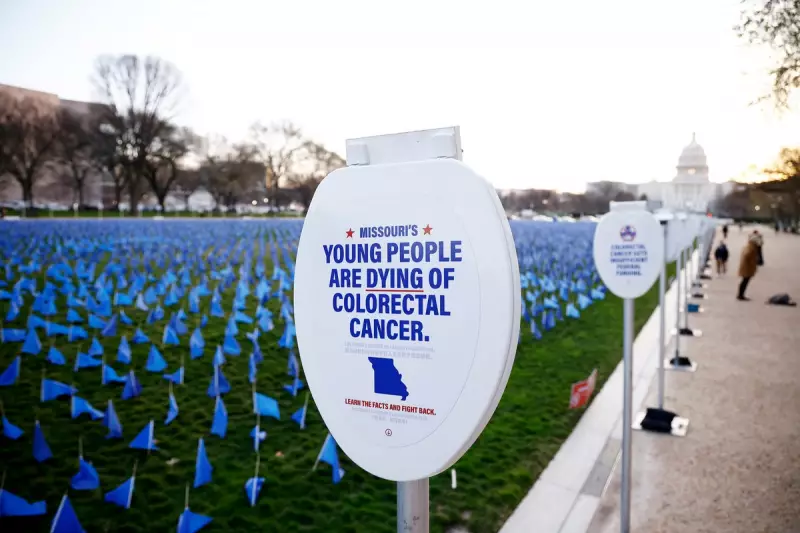
In a revolutionary development that could transform cancer prevention, British scientists have made a significant breakthrough in identifying high-risk genetic mutations years before symptoms appear. This pioneering research offers new hope for early intervention strategies that could save countless lives.
The Science Behind the Discovery
Researchers have uncovered a method to detect specific genetic markers that significantly increase an individual's susceptibility to developing cancer. Unlike previous approaches, this new technique can identify these dangerous mutations much earlier in the disease timeline, creating a crucial window for preventative measures.
The study, conducted by leading medical institutions across the UK, analysed thousands of genetic samples to pinpoint the precise mutations that serve as early warning signals for various cancer types.
What This Means for Future Cancer Care
This breakthrough has profound implications for cancer screening programmes and preventative healthcare. Medical professionals could soon implement routine genetic screening to identify at-risk individuals, enabling:
- Personalised monitoring plans for high-risk patients
- Earlier interventions and preventative treatments
- Targeted screening programmes based on genetic risk factors
- Reduced mortality rates through timely detection
Potential Impact on the NHS and Healthcare System
The integration of this technology into public healthcare could revolutionise how the NHS approaches cancer prevention. By identifying vulnerable individuals before cancer develops, healthcare providers could allocate resources more effectively and reduce the burden on cancer treatment services.
Professor Helena Richardson, lead researcher on the project, explained: "This isn't just about treating cancer earlier—it's about preventing it altogether in many cases. We're moving from reactive treatment to proactive prevention."
The Road Ahead
While the research shows tremendous promise, scientists emphasise that further clinical trials are necessary before widespread implementation. The medical community anticipates that within the next five years, these detection methods could become standard practice in preventative healthcare.
This advancement represents a significant step forward in the global fight against cancer, offering new possibilities for saving lives and reducing the emotional and financial costs associated with late-stage cancer treatment.





